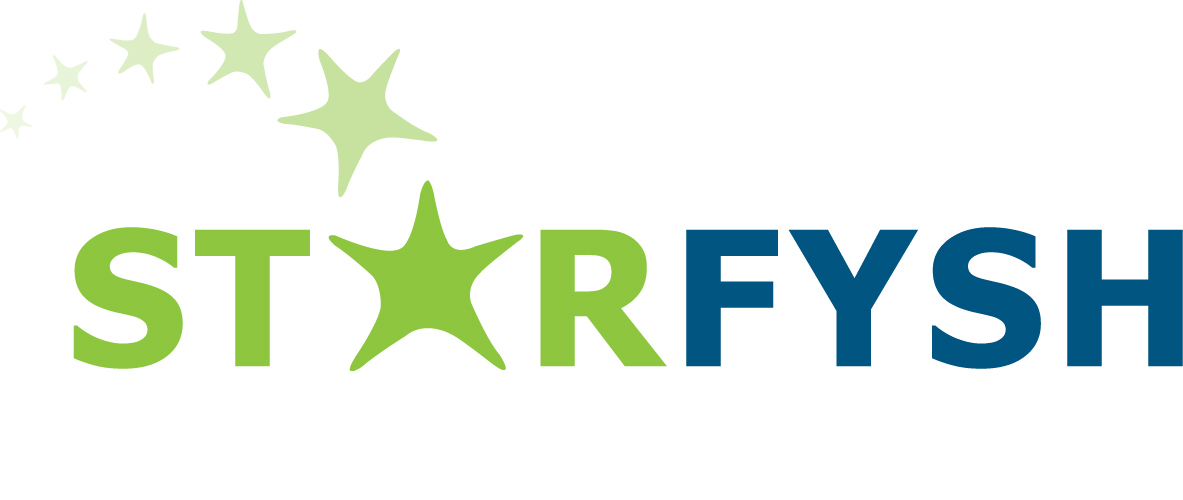The island of La Gonave, Haiti is in a serious ecologic struggle. Surrounded by warm Caribbean waters, this 287 square mile island was once a lush, tropical paradise. Once the site of dense mahogany forests and plentiful tropical citrus trees, much of La Gonave has turned from green to brown. Its soil, once organic, deep, and moist, today is hot, parched and thin, unable to hold rainwater because protective cover and stabilizing root systems are no longer there. Learn more…
If transformation is to ever come to this land, education will be the currency that delivers it. Though only half of all adults on La Gonave can read, we have discovered among her people, young and old, an unquenchable thirst for education and learning, not just in a classroom, but in every aspect of living. The people of Haiti are bright, intelligent, resourceful, and eager. What perfect natural resources to build upon as we integrate education and practical training into every facet of our development efforts. Learn more…
Haiti is ranked 77 out of 79 in the 2012 Global Hunger Index. 58% of her population is undernourished. Malaria is endemic. Typhoid fever is endemic. Tuberculosis, HIV/AIDS, cholera, vaccine-preventable diseases…all too common. Infant mortality? Nearly 1 in 20 infants die at birth. Diarrheal illness claims more lives than nearly every other disease. Fewer than 10% of homes have a latrine. The vast majority La Gonaveʼs 100,000 people have never seen a doctor. Learn more…

